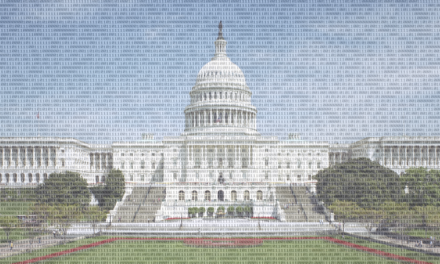ICOG is proud to stand with everyone on this statement.
As state, tribal and local governments across the United States take measures to respond to the COVID-19 epidemic, executive orders and legislative proposals are calling for the suspension of normal operating procedures including, at times, compliance with open-meeting and public-records laws. We strongly urge government branches and agencies to recommit to, and not retrench from, their duty to include the public in the policy-making process, including policies relating to COVID-19 as well as the routine ongoing functions of governance.
Government bodies should not opportunistically take advantage of the public’s inability to attend large gatherings to make critical decisions affecting the public’s interest if those decisions can reasonably be postponed. Just as citizens are being asked to defer nonessential travel and errands, so should government agencies defer noncritical policy-making decisions until full and meaningful public involvement can be guaranteed. Where postponement is not realistic, every available measure should be taken to
(1) notify the public of meetings of government bodies and how to participate in those meetings remotely,
(2) use widely available technologies to maximize real-time public engagement, and
(3) preserve a viewable record of proceedings that is promptly made accessible online.
We understand that government agencies will struggle with staffing and time constraints during this period of exigency, as employees transition into working from home, attend to personal and family health needs, and become focused on crisis-response duties. Some agencies undoubtedly will have difficulty meeting their legal obligations to process requests for public records promptly and thoroughly. This predictable difficulty counsels strongly in favor of affirmatively disclosing as much as is legally permissible without waiting to receive a request for records.
Members of the press and public often resort to freedom-of-information requests when decisions are made secretively. It should not be necessary to reconstruct critical decisions about public health and safety by piecing together email trails. The fact that a government decision involves public health and safety is a reason for more, not less, transparency.
As government employees begin transacting more public business off-premises on personal devices, it is important that they faithfully observe records-retention protocols so that messages about core governmental functions are retrievable and reviewable just as on-premises
correspondence is. All official-business communications — regardless of where it occurs, and whose devices and accounts are used — should take place over channels that allow for messages to be easily archived, produced and read. When possible, all electronic communications and information sharing should be transacted through official email accounts and government-issued communication devices.
At all times, but most especially during times of national crisis, trust and credibility are the government’s most precious assets. As people are asked to make increasing sacrifices in their daily lives for the greater good of public health, the legitimacy of government decision-making requires a renewed commitment to transparency. Open government is not “bureaucratic red tape.” We encourage the custodians of information at all levels of government to take this opportunity to leverage technology to make governance more inclusive and more credible, not to suspend compliance with core accountability imperatives in the name of expediency.




Recent Comments